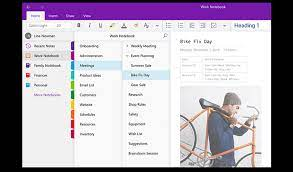What is Democracy - An Interim Report

After many hours of discussions with friends from all over the world and an astonishing range of backgrounds, I have come to regard "democracy" as an expression of a fundamental ethical or moral idea. Above all, a "democracy" should be perceived and felt as fair . I have noted elsewhere that our "representative" democracies " are a blunt instrument at best but is important that we see that they are attempting to create a "fair" system. They are usually underpinned by constitutions (again blunt instruments) that try to protect citizens -- especially minorities -- from "mob rule." A much wider view is taken in " A Thousand Small Sanities ," which paints a picture of liberal democracy . This is a fond portrait of a society, not a "system." The focus is on the innumerable institutions that work together to make a country more free, fair, and generally comfortable. Whatever the voting system may be, if a large segmen...




